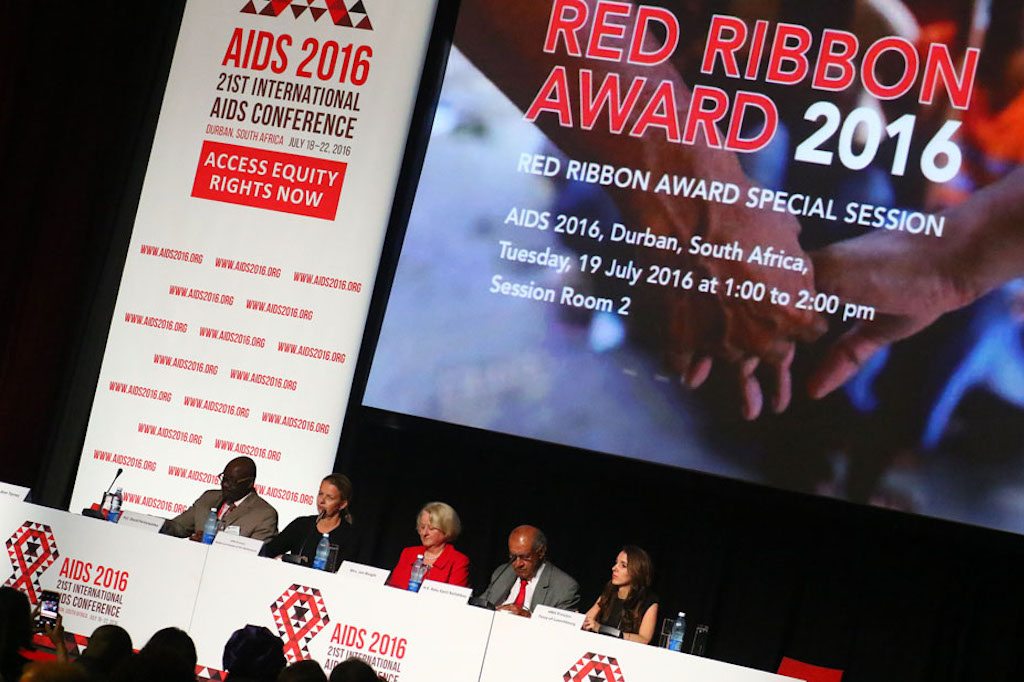How the Meetings Industry Is Attempting to Redefine Its Value Proposition

Skift Take
The Joint Meetings Industry Council's "Iceberg" project is ambitious in terms of defining the value of the meetings industry more holistically, but there are a lot of challenges to provide the indepth case studies required to quantify that successfully.
Editor's Note: This story is part of an upcoming Skift Research Report — "Defining Conventions as Urban Innovation and Economic Accelerators" — produced in collaboration with Meetings Mean Business. The report is scheduled to publish April 20, 2017.
There are dozens of international associations directly affiliated with the global meetings and conventions industry, but there's never been a high level of collaboration among them, especially across continents.
The Joint Meetings Industry Council (JMIC) was established in 1978 as a communications platform connecting international meetings industry associations to share industry trends and best practices, although the organization has never been particularly active in North America.
For the last few years, the JMIC has been advocating for the need to define the broader value of the meetings industry, specifically in terms of delivering business outcomes and driving economic outputs for the host communities of conventions and all of the participating companies, organizations, delegates, and sponsors. Those broader values can include new business relationships, new education and professional development opportunities, new collaborative research development, and new destination brand lift for the host city, just to name a few. All of those have a quantifiable economic value.
Typically, rather, the value of conventions and the measure of their success from the meeting planner's perspective have been defined by the event's delegate attendance figures, number of exhibitors, total sponsorship dollars, etc. From the destination's perspective, the traditional metrics of success generally relate to the short-term economic impact derived from attendee spending on hotels, restaurants, convention center space, etc.
In January this year, the JMIC launched The Iceberg project to collect case studies of high-impact meetings and conventions from around the globe that delivered verifiable results for organizers and legitimate benefits for participants. The goal is to finally articulate the meetings industry's holistic value proposition by showing how meetings and conventions drive long-term business strategy and economic development for all stakeholders.
"The focu
